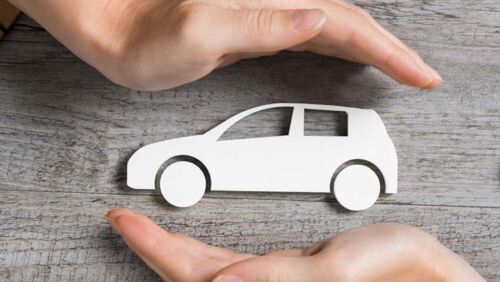Going car-free: how much can you save if you give up your car?
By Maria Bekiaris
Owning a car is certainly convenient but it can also be pretty expensive.
There's the upfront cost, including interest if you've borrowed the money; then there are ongoing expenses like petrol, insurance, registration, services and repairs. According to RACQ it costs on average $174 a week to run a small car, $222 for a medium SUV and a whopping $308 for a prestige car.
Getting rid of the family car, or at the very least the second car, can be a great way to save money, but how do you do it?
If you want to go car-free and you're reasonably close to where you want to go then there is nothing cheaper than walking.
Or you could get on your bike.
The next option is to rely on others. Ask a friend who lives nearby if they can pick you up for that night out or your colleague if they'd be willing to drive you to and from work.
If you're asking others to chauffeur you around on a regular basis, though, it might be nice to chip in for petrol now and again or buy a bottle of wine as a thank-you.
Then there is good old public transport. If you live in the inner city you will probably have a bus, train, tram or ferry service nearby. This can certainly be an affordable alternative while you go car-free.
In Sydney, for example, commuters who use an Opal card will never pay more than $60 a week when travelling on all modes of Opal-enabled transport from Monday to Sunday.
Using a car-sharing service is another option. It is basically like hiring a car but you can find cars near you rather than trying to get to a particular location to pick one up. Check out GoGet, in Adelaide, Brisbane, Melbourne and Sydney; GreenShareCar, in Victoria and NSW; Hertz 24/7 in Sydney and on the Gold Coast; and Flexicar in Melbourne. Fees vary.
Finally you can always use a taxi, although it can be an expensive way to go. Sharing a cab with people you're going out with can be a way to keep the costs down.
You could also use Uber, which is basically like a taxi service but it could be ordinary people driving the car. It is generally cheaper than a taxi although there is still a question mark over the legalities.
It's really important to do your research before listing your car for sale. A great suggestion I came across was to monitor your travel every day for one month.
Then think about how you would have made those same trips without a car.
For example, maybe you would have caught the train each work day, hailed a taxi four times for two nights out and hired a share car for a day to pick up some goodies from Ikea. Add up how much that would have cost to see how it stacks up against running your car (see the RACQ guide).
Saving money sounds great but the reality is living without a car is not for everyone. Some of the questions to ask yourself first include: Can I walk or cycle to work? How close am I to public transport? Is there a car-sharing service in my area? Do I often have to travel long distances for work or enjoy going away for driving trips?
The other thing to factor in is time. It might take you 30 minutes to get from one place to another by car but that same trip using public transport could take you three times as long. This might be a deal-breaker for you.
Get stories like this in our newsletters.



